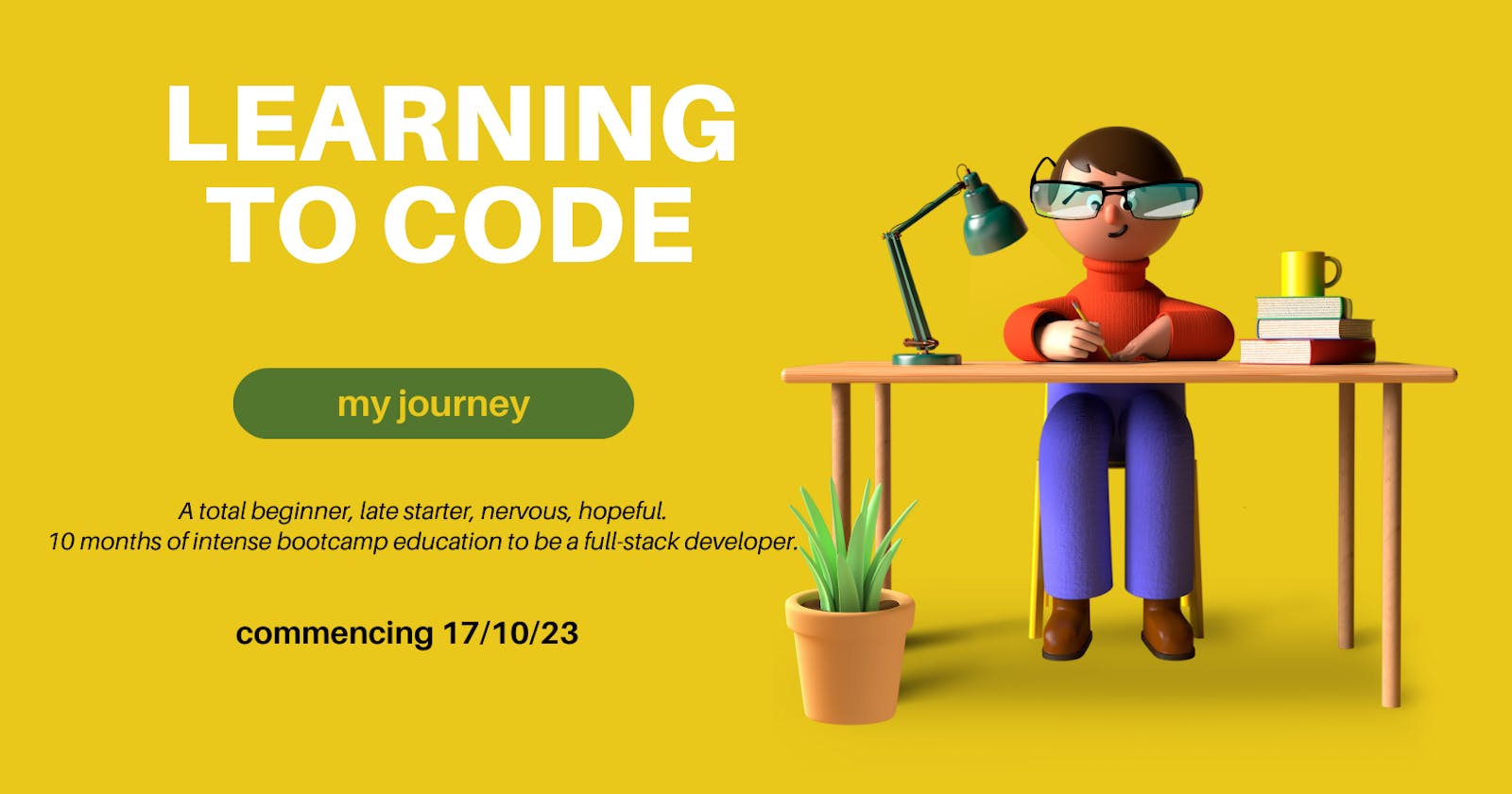Sunday marked a moment of sheer relief – the day I finally submitted my assignment. What seemed like a small project demanded an immense amount of effort. The task? Crafting my very own portfolio. The catch? I hadn't the faintest clue about HTML or CSS coding a mere 33 days prior! Today, as I reviewed every line of code before submission, I was struck by disbelief – had I truly written all of this? It was a testament to how unfamiliar I once was with this realm. Now, I can't help but wonder: could I replicate this feat again?
I believe I can do it by applying the valuable lessons I've gathered this month, and I'm excited to share these insights with you too.
1. Setting Timelines
Creating a clear start and end date for your project sets the foundation for your work. It provides structure and helps manage your time effectively.
2. Project Description
Draft a concise yet comprehensive description of your project. Express your ideas, methods, and the overall structure you envision.
3. Mapping Your Website
Start with a rough sitemap on paper, outlining the pages and their connections. This visual aid helps in understanding the website's structure. Digitize it by using software like Draw.io.
4. Wireframe Creation
Sketch a rough wireframe on paper, incorporating basic layouts for various devices. Add some visual elements and later replicate this on platforms like Figma for a detailed representation.
5. Seek Feedback
If working solo, seek opinions from a team or friends. Get feedback on your wireframe and make necessary adjustments.
6. Coding Routine
Allocate specific daily hours for coding and take regular breaks to maintain productivity and physical health. Balancing work with exercise and healthy eating is crucial.
7. Git Repository Updates
Regularly update your Git repository with meaningful commits to keep track of your progress.
8. Document Your Journey
Journal your daily accomplishments, noting lessons learned and upcoming opportunities. Sharing these can reinforce your learning and inspire others.
9. Creating Readme.md
Maintain a Readme.md file throughout the project, listing key features and components. Update it regularly to ensure it remains comprehensive.
10. Showcasing Your Work
After deploying your site, create a brief video walkthrough showcasing your initial sketches, wireframes, and the finished product. Share this video link across platforms and in professional profiles.
11. Taking a Break
Following project completion, take a 24-hour break to unwind and detach from the finished project.
12. Responding to Feedback
Record feedback and make necessary adjustments to your project based on the received insights.
Establishing these habits not only organizes your work but also enhances productivity and success in web development. Embrace these steps to navigate your projects effectively and efficiently.
